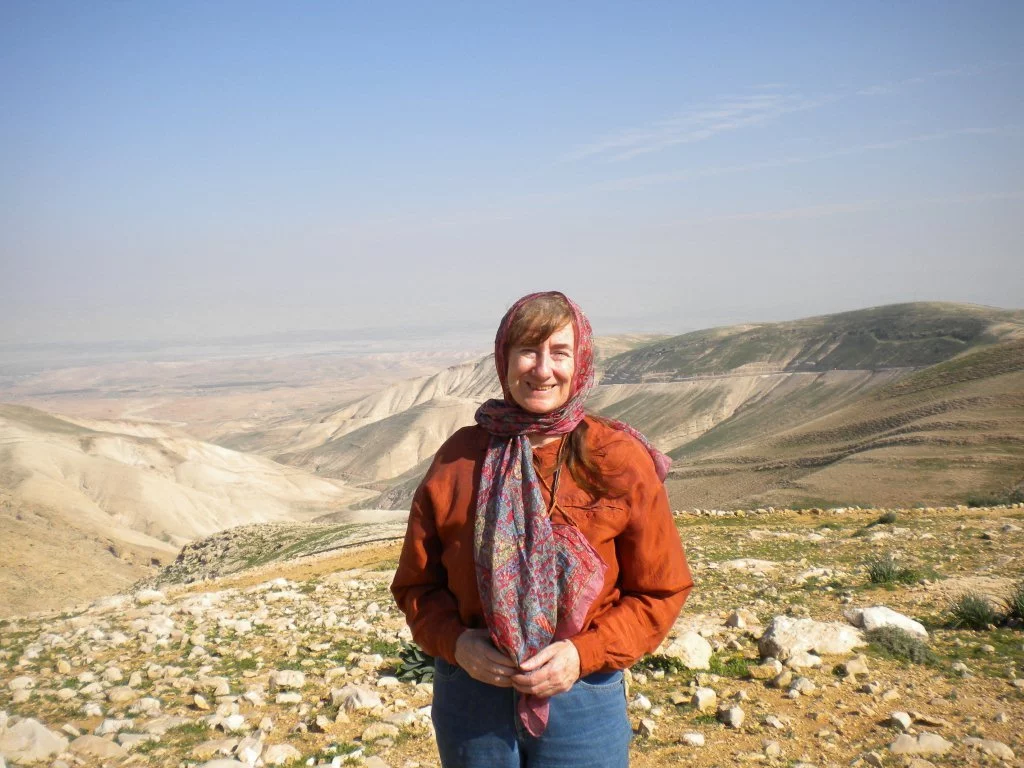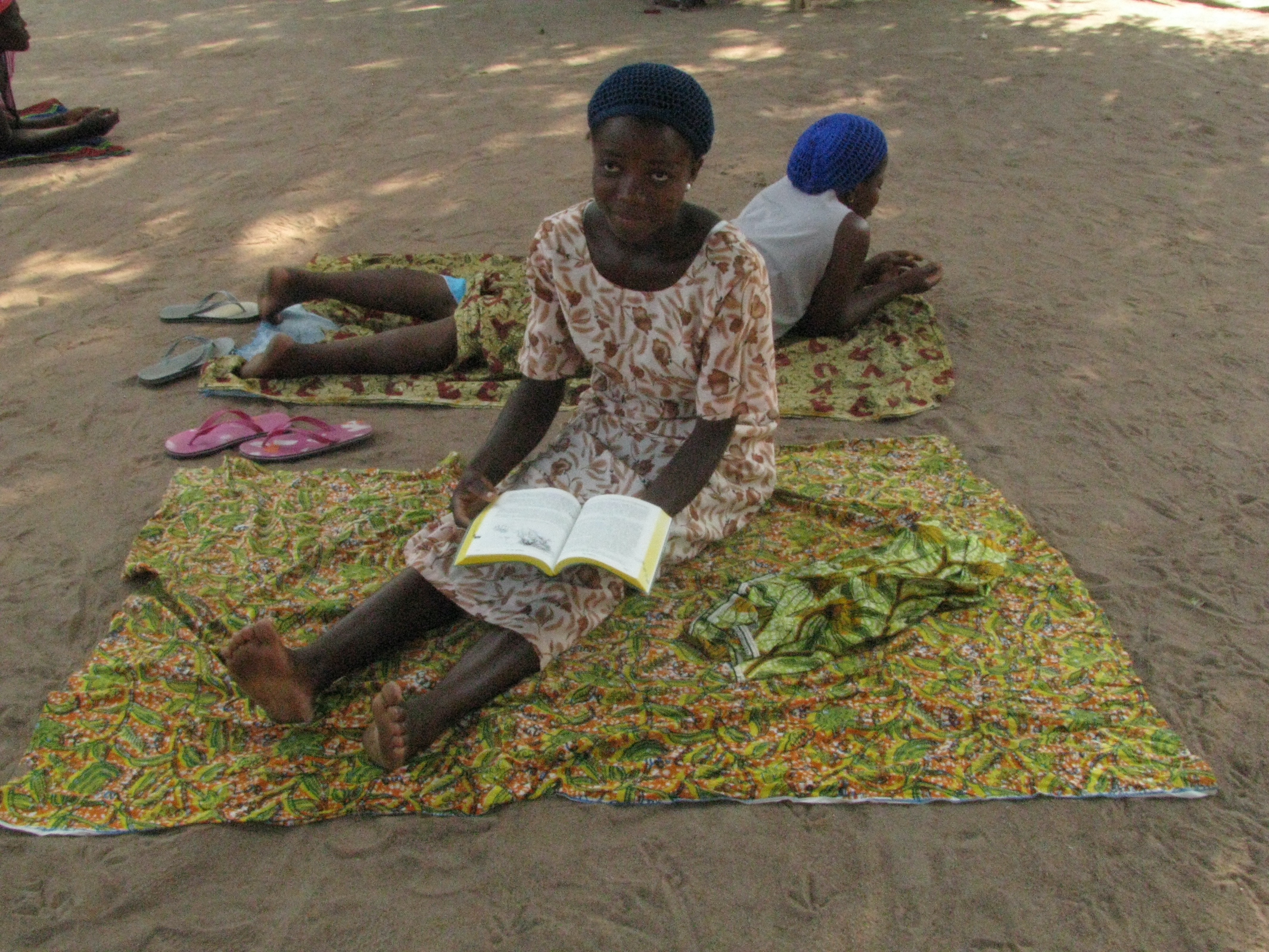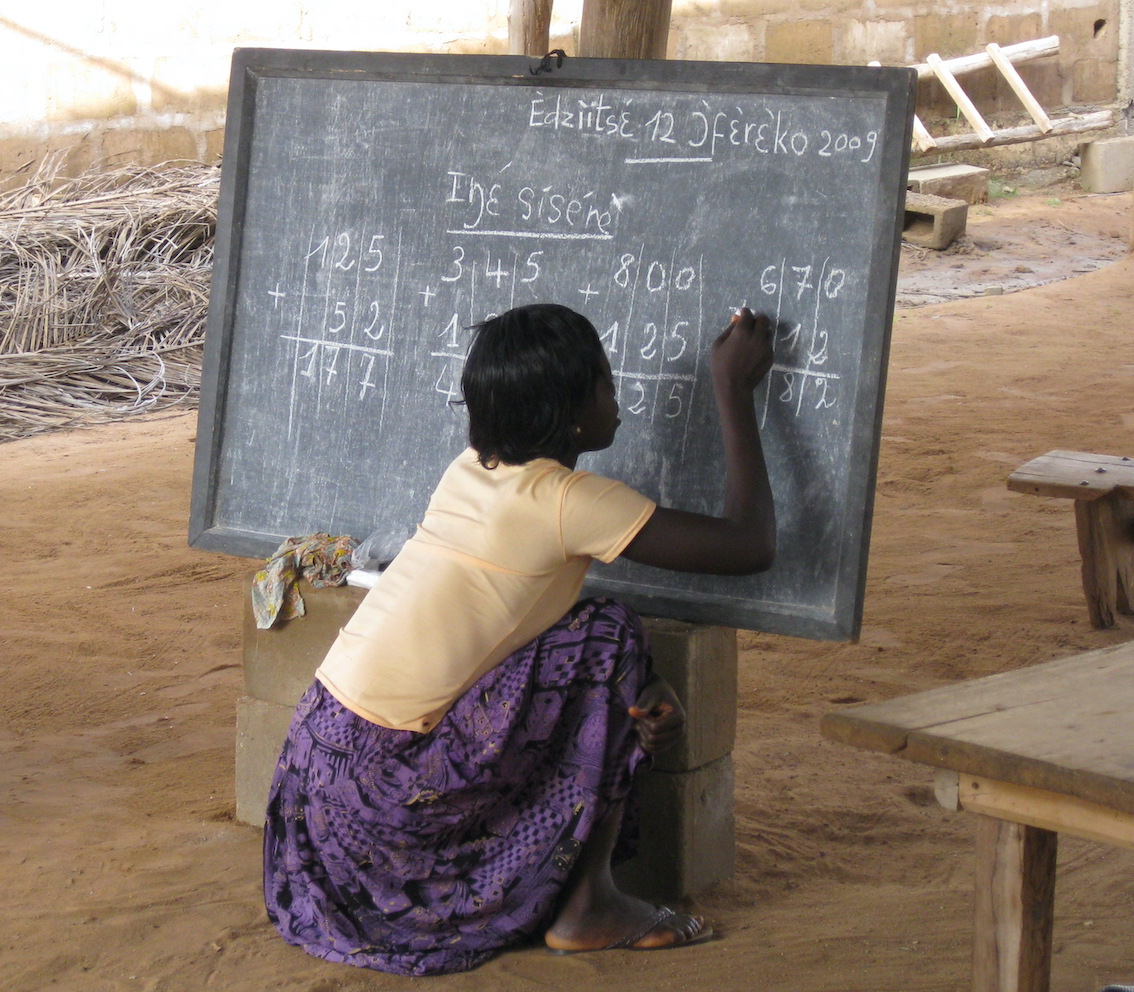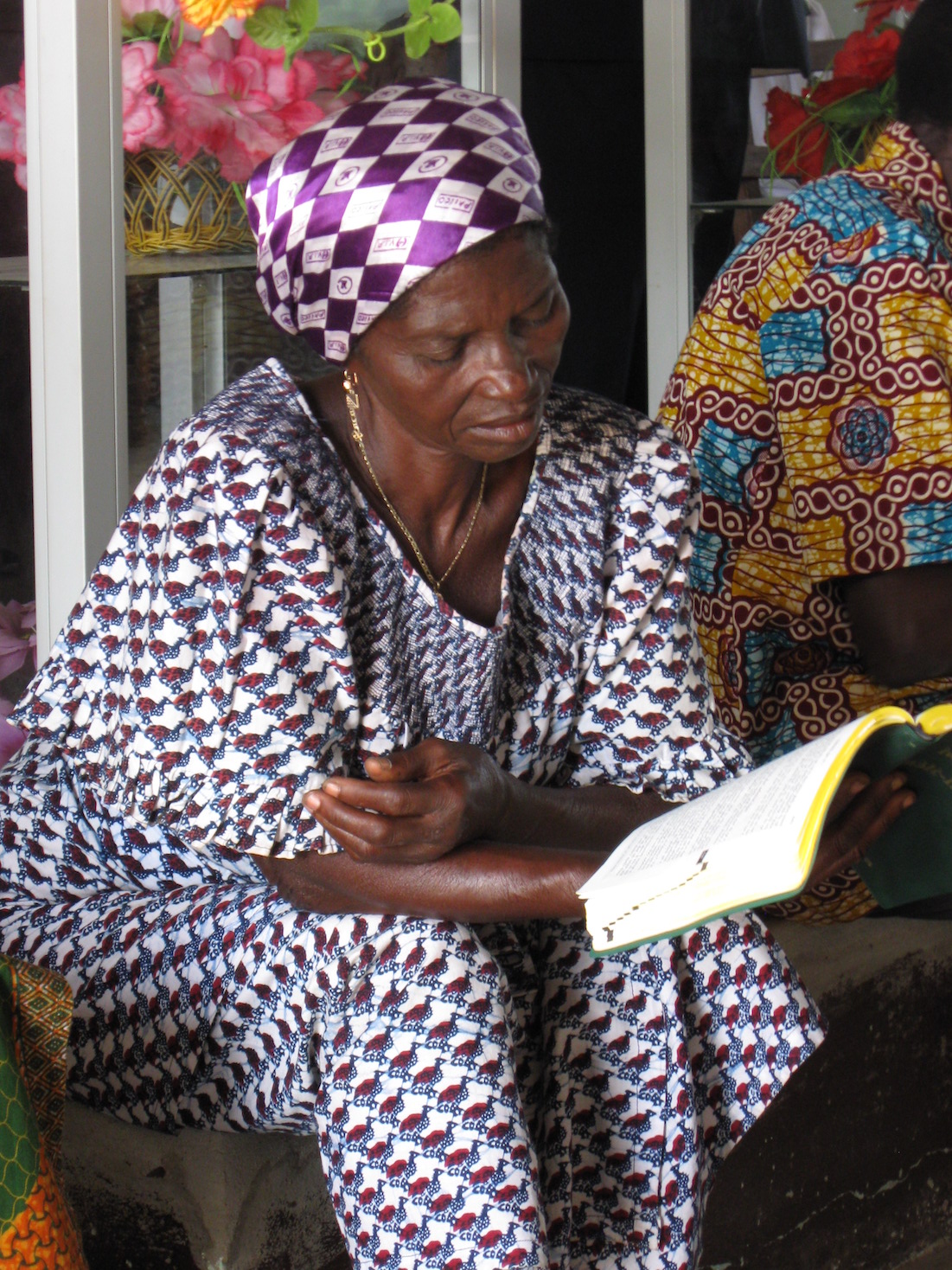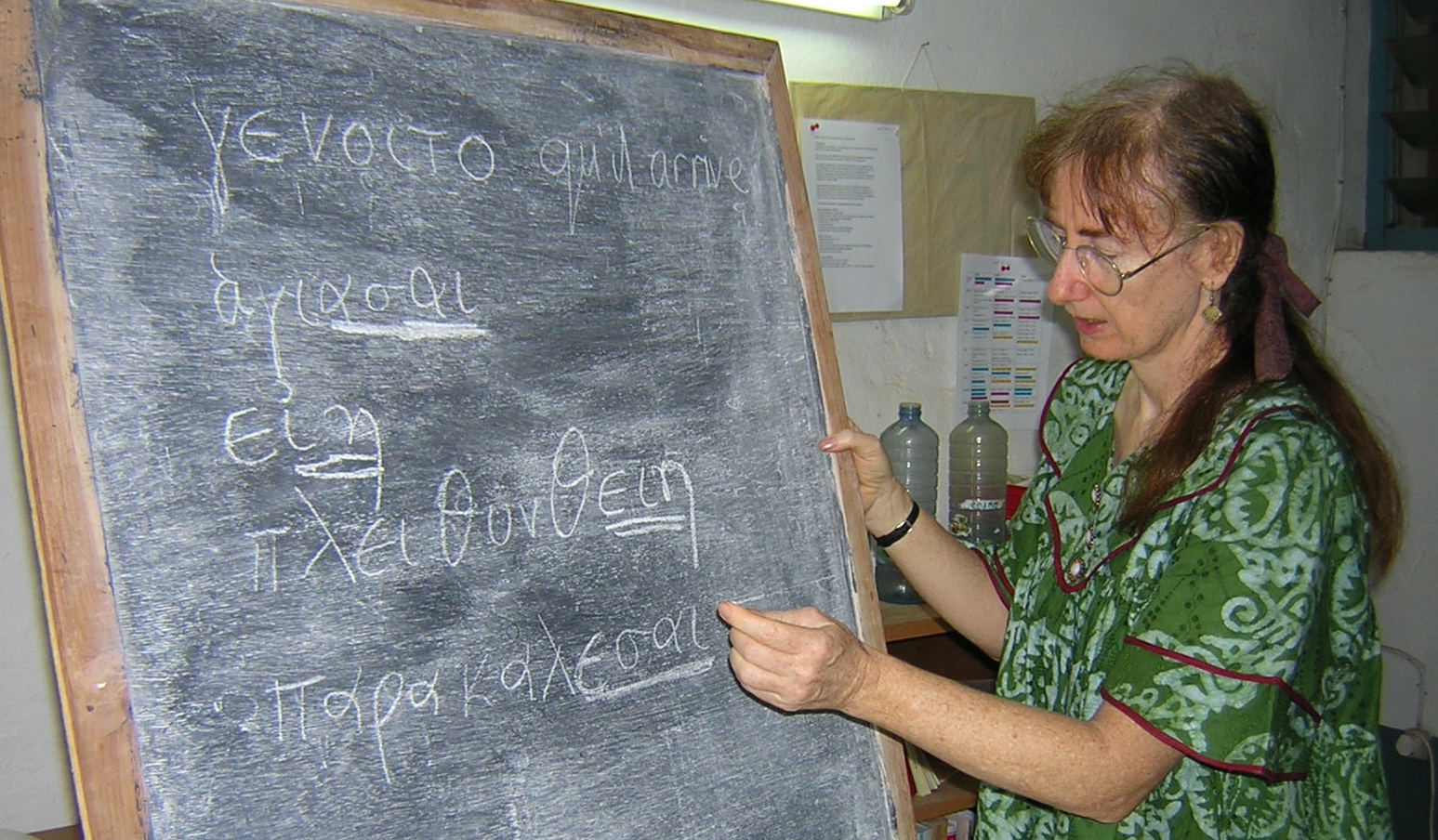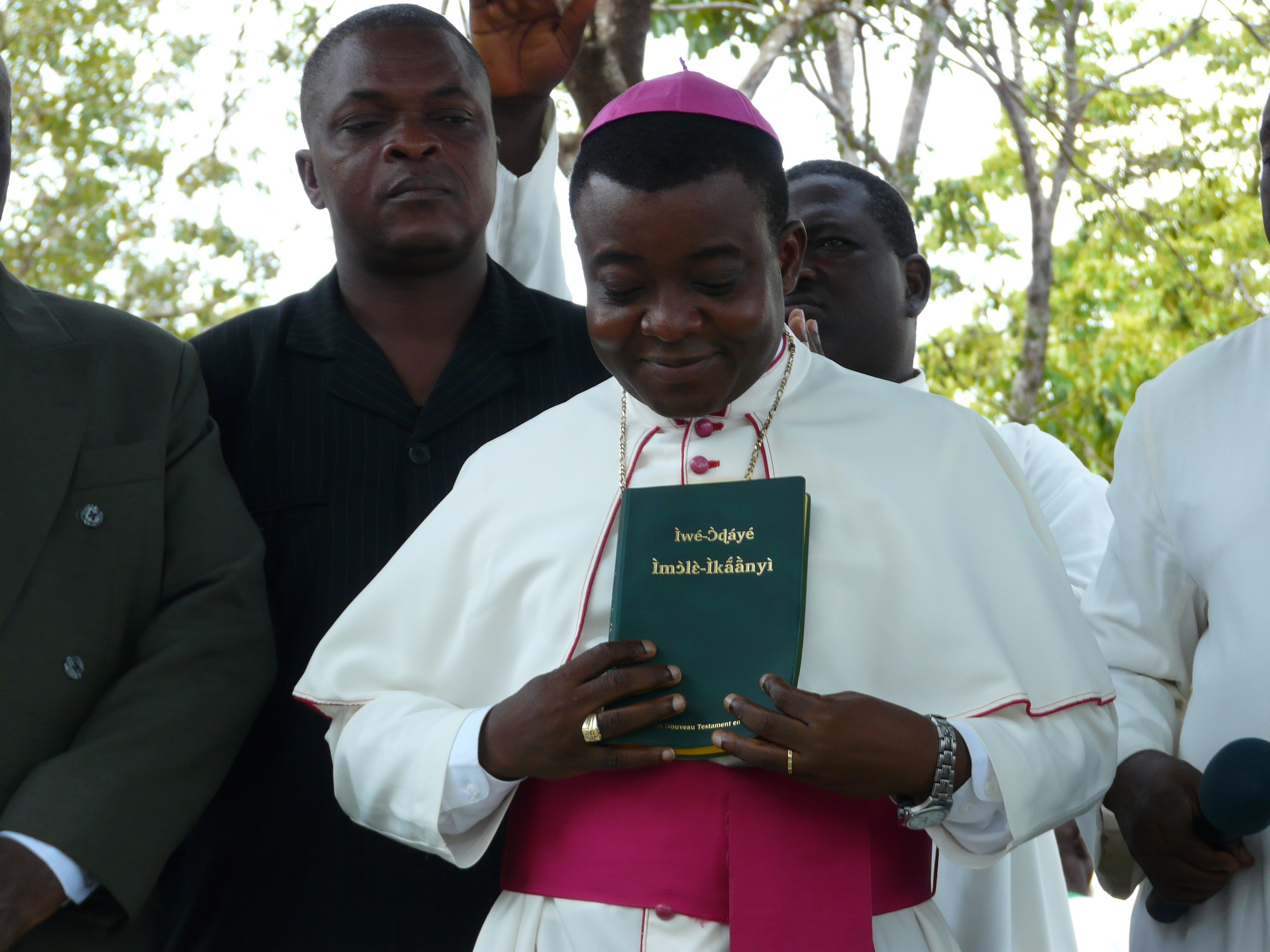Ripping a hole
‘Why would God take our mother from us?’ was the heart-rending response of the Ifè team to Mary’s death.
The loss of Mary was immense – for her parents and family. For the Ifè project, for Pat and Mercia and all those who loved her so much. As was the loss of all the good she could have done – in Bible translation, as well as through her warmth, kindness and grace.
‘Mary committed her whole life to the service of his kingdom’
‘It felt like she had been ripped out of something,’ Mercia says, ‘and the ramifications have been great. It ripped a hole in our lives and, of course, in the Ifè project.’
Mercia talks with moving honesty about how ‘it has been hard theologically, wrestling with all the questions that have come out of it. It does shake you that God saw us writing all those emails changing the time we were to meet, and yet allowed it to happen. There are no simple answers to that at all. I just have to hold onto some sense that God has and is bringing something from this, which felt just chaotic and incredibly painful. And I felt incredible guilt that it was because of our friendship she was killed. So it was very moving for me when Mary’s sister Alison said her family were so glad because they knew that Mary was happy when she died. Happy because she was coming to meet me.’
‘I just want to thank her’
When Pat talks about the pain of Mary’s death she says: ‘I’ve had to grapple with why God let this happen. And I have no clear answer. But I look at all the circumstances of that day. And I think, for reasons that I don’t understand, God allowed it to happen.’
While over 30 people were injured by the bomb, Mary was the only person killed. And because her body took the full force of the blast, she likely saved the lives of others. Especially those on the near side of the bus that had just pulled into the bus stop. Among the people on that bus whose lives were saved were two teenagers from the Christian community linked to the Home for Bible Translators. One of them, Yasmine Bar David, told news reporters at the time: ‘It’s hard for me to actually imagine that is actually what she did for me… and I just want to thank her.’
‘The thought that Mary’s death allowed other lives to be saved,’ Pat says, ‘is a great consolation to those of us that loved her and miss her.’
The service of his kingdom
Romans 8:38–39 was one of the readings at Mary’s memorial service – ‘For I am convinced that neither death nor life, neither angels nor demons, neither the present nor the future, nor any powers, neither height nor depth, nor anything else in all creation, will be able to separate us from the love of God that is in Christ Jesus our Lord.’
And in her address that day Mercia said: ‘That was a very important passage for us at university. Though we never expected to experience its truth in such a sharp way as this. Mary lived and died in the love of God and committed her whole life to the service of his kingdom. Her death, even in these circumstances, cannot be outside his will and purposes for her.
She has run her race
‘She has run her race and come home into his eternal kingdom in which there will be no more tears or sorrow or loss. Someday perhaps we will know more of the purpose behind this hard separation from her. But for Mary herself there can now only be joy and rejoicing in her place in God’s love.’


